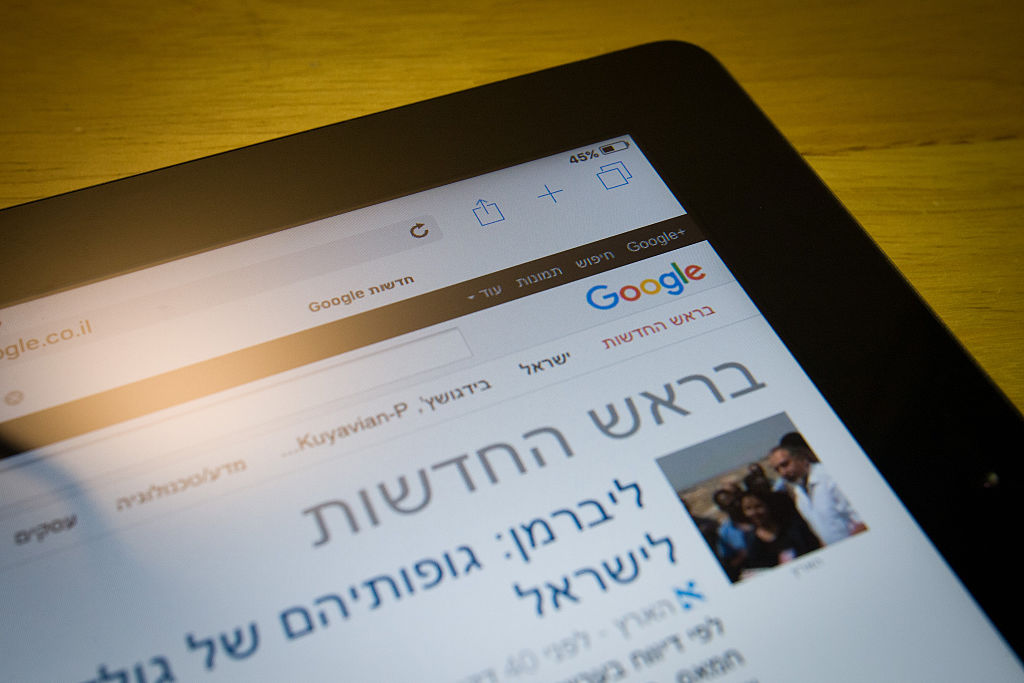“NSO has seemingly bowed to pressure following our campaign against its malicious spyware. The company needs to demonstrate this is more than an attempt to whitewash its tarnished reputation. It doesn’t get to pick and choose when it should respect human rights – all companies have this responsibility anyway.
“While on the surface it appears a step forward, NSO has a track-record of refusing to take responsibility. The firm has sold invasive digital surveillance to governments who have used these products to track, intimidate and silence activists, journalists and critics.
“The NSO policy comes too late for the scores of activists targeted by abusive governments using the firm’s spyware, including UAE activist Ahmed Mansoor who was sentenced to 10 years in prison in 2018. Amnesty International has also been targeted with NSO Group Technologies.
“NSO has repeatedly tried to avoid accountability for their involvement in such flagrant abuses, so it is little wonder many are skeptical about today’s announcement. Governments also need to act. There needs to be tougher legal requirements on respecting human rights for the spyware industry, which time and time again has trampled on the rights to privacy, freedom of opinion and expression.”
Background
Research by Amnesty International and others has documented the use by governments of NSO Group’s Pegasus spyware to target a wide swathe of civil society, including at least 24 human rights defenders, journalists and parliamentarians in Mexico; an Amnesty International employee; Saudi activists Omar Abdulaziz, Yahya Assiri, Ghanem Al-Masarir; award-winning Emirati human rights campaigner Ahmed Mansoor; and allegedly, murdered Saudi dissident Jamal Khashoggi.
Amnesty International is currently supporting a legal action against the Israeli Ministry of Defense (MoD), to demand that it revokes the export license of NSO Group.
States have an obligation to protect human rights in the context of corporate activities, including through regulation and oversight. All companies have a responsibility to respect human rights throughout their operations and supply chains. This means they must avoid causing or contributing to human rights abuses and take steps to identify and address human rights risks in their operations.

